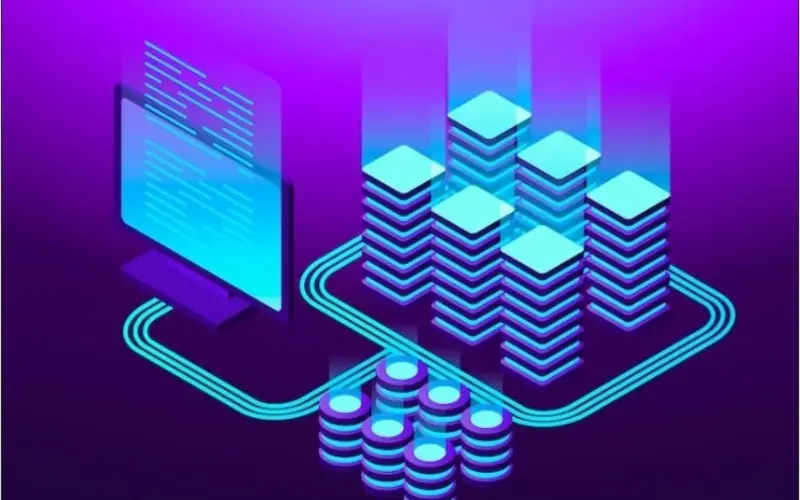
The “oracle problem” is a fundamental challenge in the blockchain ecosystem that prevents smart contracts from interacting with the real world. A blockchain is, by design, an isolated, deterministic, and self-contained system. This isolation is what makes it secure and reliable. However, it also means that a smart contract cannot natively access or verify real-world, off-chain data, such as a stock price, a sports score, or weather conditions.
The Problem: A Single Point of Failure
To execute a contract that relies on external data, a trusted third party known as an oracle is needed to feed that information onto the blockchain. A centralized oracle, which is a single entity providing data, reintroduces a single point of failure and compromises the very principle of decentralization.
- Trust and Security Risks: A centralized oracle can be a target for hackers. If an attacker can compromise the oracle, they can feed false data to a smart contract, leading to catastrophic financial losses. For example, a malicious actor could manipulate a price oracle to report a cryptocurrency’s price as zero, triggering a cascade of liquidations on a lending protocol and allowing the attacker to profit.
- Data Integrity: A centralized oracle is only as trustworthy as the entity running it. It could be run by a malicious actor who intentionally provides false data to benefit themselves, or it could simply be a victim of a cyberattack or technical failure, leading to a loss of service or incorrect data.
The Solution: Decentralized Oracle Networks (DONs)
The solution to the oracle problem is to apply the same principles of decentralization and cryptography to the data feeds themselves. Decentralized Oracle Networks (DONs) are a network of independent oracle nodes that work together to provide reliable and tamper-proof data to smart contracts.
Here’s how they solve the problem:
- Data Aggregation: Instead of relying on a single data source, a DON aggregates data from multiple independent sources. A network of nodes fetches data from different APIs, data providers, and data feeds. This aggregated data is then processed and a single, verified value is delivered on-chain. This makes it extremely difficult for a single entity to manipulate the data.
- Reputation and Staking: Many DONs use a system of economic incentives to ensure data integrity. Oracle node operators are required to stake a certain amount of cryptocurrency. If a node provides false or malicious data, it can be “slashed” and lose its stake, creating a powerful economic disincentive for bad behavior.
- Secure Off-Chain Computation: Some DONs use advanced cryptographic techniques to perform computations off-chain in a secure and verifiable way. This can be used for things like generating random numbers for gaming, or performing complex calculations for insurance contracts without revealing the underlying data.
- Decentralized Delivery: The data is delivered on-chain by multiple independent oracle nodes, eliminating a single point of failure. This ensures that the data is available even if a few nodes go offline or are compromised.
The rise of decentralized oracle networks has been a critical step in the evolution of blockchain. By securing the data input layer, they have enabled a vast new array of real-world applications for smart contracts, from decentralized finance (DeFi) and insurance to supply chain management and gaming.



